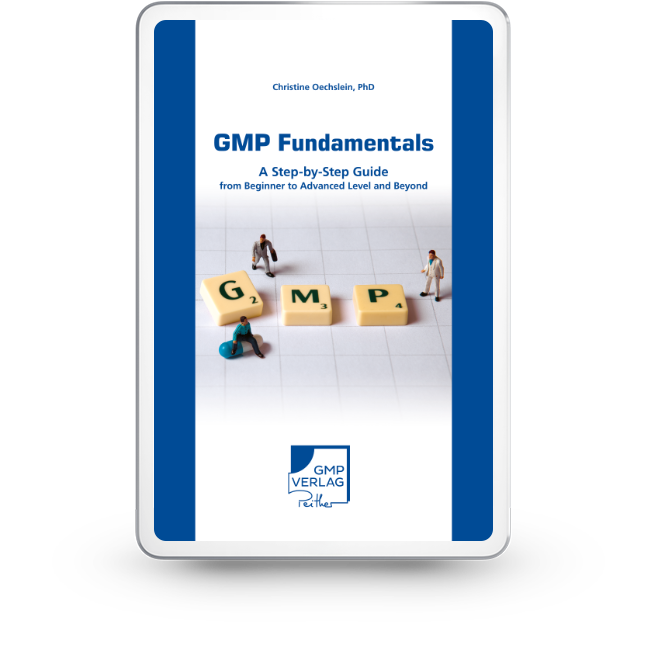Biotechnological Medicinal Products: Global Trends and Perspectives
A report from the Swiss Biotech Day 2023 in Basel
5 min. reading time | by Sabine Paris
Published in LOGFILE 19/2023
The Swiss Biotech Day 2023 took place on 24 and 25 April in Basel. The conference is one of the industry's most important meeting places for developers and manufacturers of biopharmaceuticals and is growing in popularity every year.
1,800 participants from 44 countries learned about industry developments, current trends, laboratory automation and successful communication with regulatory authorities. A special feature of the event was the Global Village, where delegations from China, Canada, Taiwan, Spain, Queensland and Thailand set up booths and held round-table discussions on research collaboration, legislation and investment.
Biotechnological medicinal products as a driver of innovation
Alexandra Zemp, McKinsey, Isma Hachi, IQVIA, Daniel Chancellor, Citeline, and Maurice Perrinjaquet, EY, presented the global trends from the perspective of consultancies and companies supporting research and development of biopharmaceuticals.
The biotech pipeline grew by 7% in 2022, said Isma Hachi. In China, the pipeline has grown particularly strongly at 19%. China-based companies now account for 20% of the global pipeline.
67% of all newly approved drugs worldwide come from biotechnology companies. In recent years, there has been a remarkable shift towards self-marketing of developed products. In the meantime, 69% of the companies market their medicines themselves.

Figure 1 Development of the biotech pipeline and new approvals (Source: Isma Hachi, IQVIA)
Maurice Perrinjaquet pointed out that the industry faces the risk of growth gaps as patents expire. Companies may be forced to make high-value acquisitions to fill these gaps. The growth gap for the top 25 biotech companies by sales is expected to double from USD 52 billion in 2025 to at least USD 100 billion in 2027.
Alexandra Zemp described the biotech industry as a driver of innovation. Every day, one new company is founded worldwide and eleven new patients are enrolled in clinical trials.

Figure 2 ATMP pipeline (Source: Daniel Chancellor, Citeline)
Advanced therapy medicinal products (ATMPs) already account for 17% of the pipeline of new biotech products, Daniel Chancellor reported. 3800 cell-, gene- or RNA-based medicines are currently in development. More than 40% of these are anti-cancer drugs. Gene editing and mRNA are two of the most important areas of research and development.
Prospects and challenges for biotechnological medicines
All panelists in the panel discussion expect many interesting and groundbreaking innovations in the next 5 to 10 years. In particular, RNA-based products will play an important role. Fast-track approvals for drugs to treat serious or life-threatening diseases will be increasingly used.
Alexandra Zemp sees challenges not only in finding talented people and raising capital, but also in the regulatory requirements for clinical trials and fast-track approvals, health insurance reimbursement policies, and data infrastructure (start-up companies with innovative products mostly have little data on their products and their processes).
Isma Hachi highlighted the commercial aspect of product value. An important question here is: When is my product more advantageous than others?
Financing new products is becoming increasingly difficult. The willingness to pay for innovations is decreasing, said Maurice Perrinjaquet.
Artificial intelligence (AI) can help to overcome these challenges, emphasised Alexandra Zemp. In clinical development, for example, AI is expected to reduce costs by 40 to 80 percent.
Conclusion
Biotech drugs are booming, leading the world in new approvals. A new biotech company is founded every day. China in particular is experiencing strong growth. Most companies market the products they develop themselves. The innovation pipeline is well filled for the next 5 to 10 years.
The challenges are mainly in the areas of financing, human resources, patents, regulatory requirements and health policy frameworks. AI can be a way to keep biotech innovations affordable in the future.
Do you have any questions or suggestions? Please contact us at: redaktion@gmp-verlag.de








